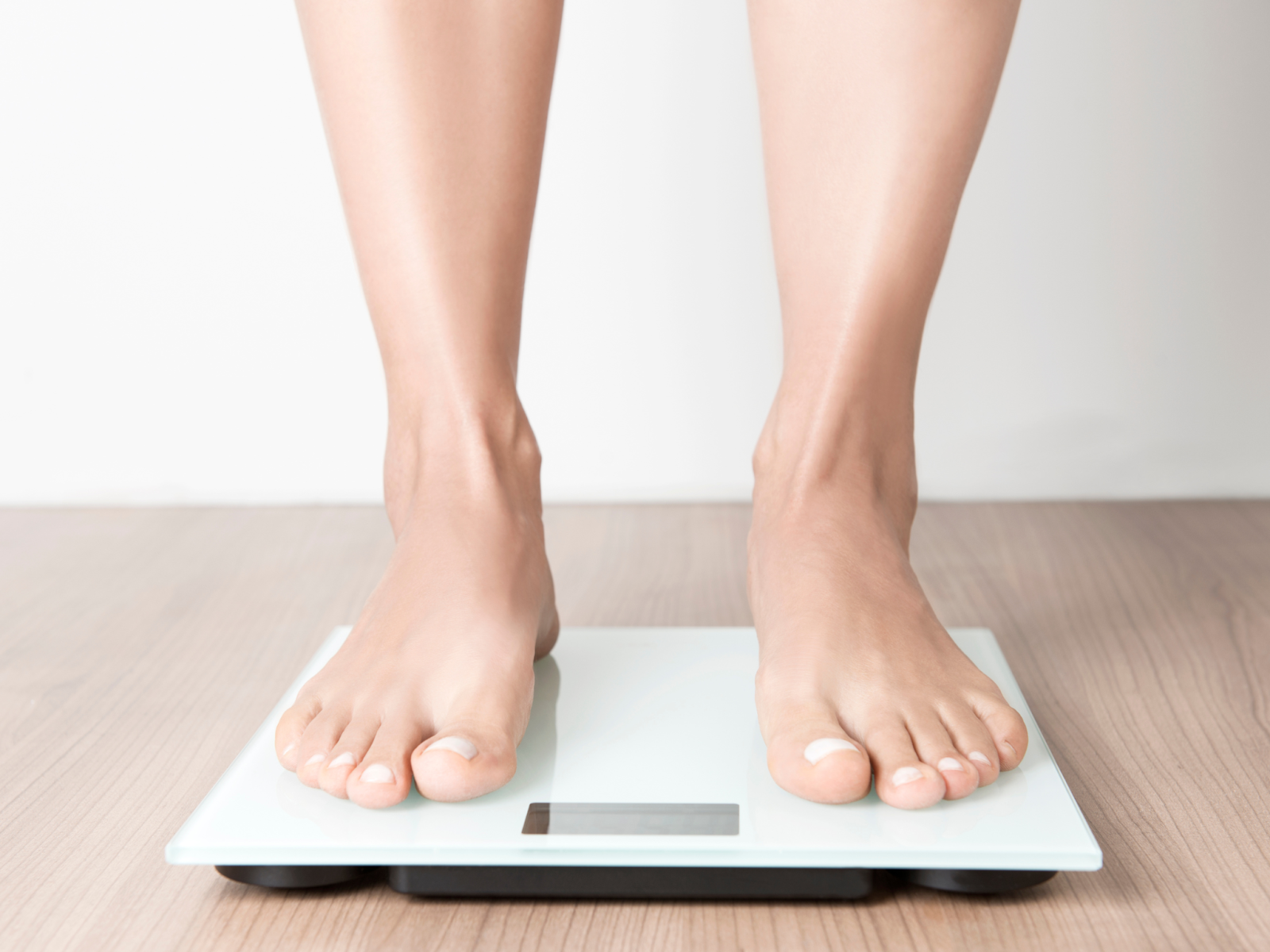Are Smart Scales Accurate? How They Work & How to Use Them
In healthcare, the quality of care you provide is often tied to the tools you use—and in the digital age, that means leveraging advanced technology. Remote patient monitoring (RPM) devices, like digital smart scales, have become popular tools for tracking metrics such as weight, body mass index (BMI), body fat percentage, and more. But are smart scales accurate?

Below, we’ll break down the functions, limitations, and benefits of smart scales. You’ll also learn how to use them to empower your patients and practice, providing actionable insights to help patients achieve their weight management goals.
What is a “Smart Scale?”
Smart scales are digital devices that measure body weight. Unlike traditional scales, they also provide additional body composition metrics for greater health insights.
Since their debut in 2009, smart scales have evolved to include features like body fat percentage, lean mass measurements, hydration levels, and more. These capabilities make them a valuable tool for remote patient monitoring, especially for patients with weight management goals.
While measures like body weight and BMI offer limited insights into overall health, smart scales fill these gaps by providing real-time data on body composition. This allows both patients and providers to track health metrics with greater detail and precision.
How Do Smart Scales Work?
Smart scales use foot-to-foot bioelectrical impedance analysis (BIA), sending electrical currents from one foot to the other. These currents are imperceptible to the user, but depending on the speed at which the electricity travels, they can provide approximate percentages of lean mass, body fat, visceral fat, and hydration levels.
One key benefit of smart scales is their wireless connectivity. When a patient steps on the scale, measurements are digitally transmitted and stored on mobile apps and virtual provider platforms. This seamless process enables providers to monitor trends and health factors without requiring in-person visits.
The Big Question: Are Smart Scales Accurate?
For weight measurements, smart scales are highly reliable, producing results comparable to traditional clinic scales. However, their accuracy diminishes for metrics like body fat percentage or lean mass, which should be regarded as estimates rather than precise measurements.
Even the most advanced smart scales available today don’t match the precision of professional tools like DEXA scans. Nonetheless, smart scales remain valuable RPM tools for their accessibility and ability to track changes over time. These estimates can reveal trends and patterns, offering meaningful insights for long-term health monitoring.
Factors Affecting Smart Scale Accuracy
The variability in smart scale accuracy for metrics beyond weight is primarily due to the limitations of foot-to-foot impedance measurements. Factors influencing accuracy include:
- Foot size and width
- Foot position
- Posture
- The presence of moisture, such as sweat
The overall accuracy of RPM devices also relies largely on the product manufacturer, data collection methods, and, of course, the user.
Using Smart Scales in RPM Programs
Smart scales are effective tools for tracking patient progress in weight management. Research shows that daily self-weighing supports weight loss and increases patient awareness of personal health metrics.
Providers can leverage the benefits of remote patient monitoring for obesity care, using smart scales for weight loss, and encouraging awareness of personal health information.
To get the best results with a smart scale, choose user-friendly models that can be used in the home. Instruct patients on proper use and foot placement and offer access to detailed instructions about the device, available through an RPM platform or user manual.
To get the most useful data, patients should maintain a consistent position when on the scale, weighing themselves at the same time of day in similar clothes. Check-in regularly for follow-ups to ensure you and your patients reap the full benefits of RPM smart scales.
Empower Your Patients With RPM Devices & Solutions
Healthcare doesn’t stop at the clinic door. The future of care lies in technology that supports personalized treatment and stronger patient-provider connections.
At CoachCare, we help practices implement the best RPM solutions, from smart scales to glucometers and blood pressure monitors. With our FDA-approved devices and virtual monitoring platform, you can support your patients in achieving their health goals while streamlining your workflows.
Contact us today to learn how to integrate these tools into your practice and deliver even higher-quality care.